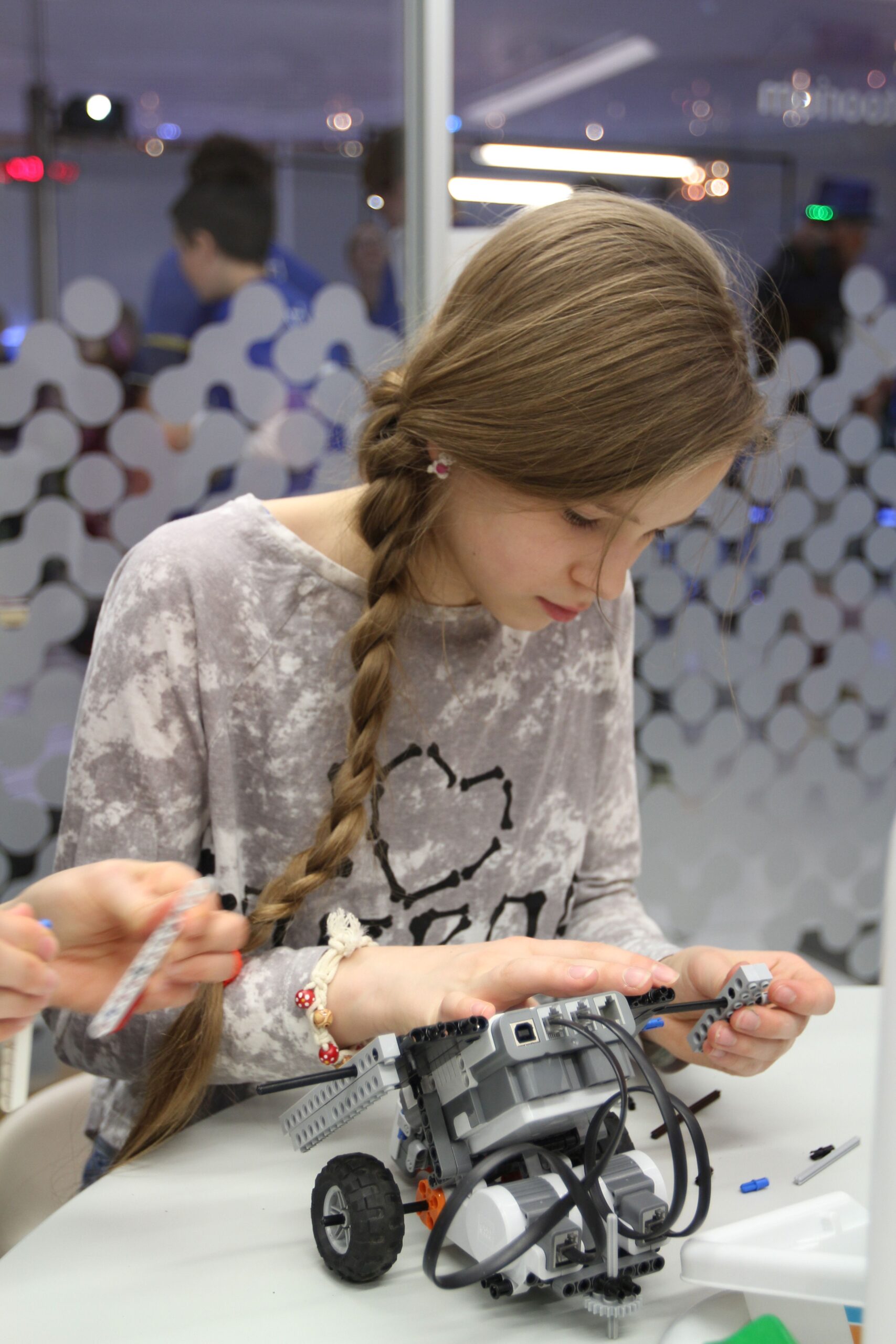
Ark of Inquiry
RRI in the classroom – Reflections and discussions from Estonia
In this article we look closely at what is rri and how it can be implemented in and outside of the classroom. Reflections and experiences from the Estonian classroom are provided by Mirjam Burget from University of Tartu who is doing her PhD on rri and inquiry learning.

rri is an emerging framework which in the context of our project has been characterized as the attitude and ability to reflect on, discuss on and communicate processes and outcomes of inquiry for people themselves, others and for society as a whole.
In short, rri is a process where pupils actively engage in discussions and reflect upon their work. Discussion is also one of the phases in the inquiry cycle model that forms the basis of the Ark of Inquiry inquiry approach. Teachers who wish to integrate rri into science lessons, should encourage pupils to participate in debates, in participatory inquiry or by including socio-scientific issues to the lessons. The discussions in inquiry-based learning lessons are regarded as highly relevant by the Estonian teachers. For the primary school teachers, it is important to encourage all pupils to participate in the discussions and to let various opinions to sound. Secondary school teachers often pay more attention to the ethical aspects of doing science, by discussing the cloning of animals or negative aspects of data manipulation in research with their pupils.
Besides encouraging the pupils to participate in discussions around socio-scientific issues inside the classroom among peers, teachers could also involve other societal actors to visit the lessons and participate in the discussions. Teachers gladly ask scientists, parents or school alumni to their lessons to talk about their work or carry out experiments with pupils. Teachers could also visit nature schools, science centres and museums where special science education programs are provided for pupils. Extracurricular science education provides an excellent opportunity to integrate rri into science topics and experiments, as pupils in different ages can work together in diverse groups, having more time to focus on specific topics and engage in more discussions compared to lessons in traditional classroom settings. In addition to extracurricular programs, Estonian pupils have also visited high-tech laboratories and companies. Teachers hope that scientists and entrepreneurs would approach the schools themselves more often and offer opportunities for meeting and visiting.
rri also encompasses the aspect of sustainability, and for the Estonian teachers, one way of introducing rri related issues is to talk about sustainability and by fostering sustainability at school. Sustainability is a cross-curricular topic in the national curriculum in Estonia and implemented implicitly, being more familiar to the teachers than rri. Teachers support the development of pupils’ individual sense of responsibility and teach them how to take responsibility for their own actions. Other examples include teaching how to use the chemicals in experiments sustainably or talking about environmental safety when pupils carry out the experiments.
In conclusion it can be said that rri at Estonian school has started to appear. Ark of Inquiry actively promotes the integration of rri aspects into science education in various ways. Firstly, a large effort has been made to raise awareness of teachers to rri by dedicating parts of web-based supportive materials and teacher training modules to rri. The teacher training modules include examples which illustrate different ways to include rri aspects in science classes. The project has also developed a pedagogical scenario which supports teachers in designing rri activities in relation to their science classes.
This article was published in Ark of Inquiry Newsletter 02/2016


